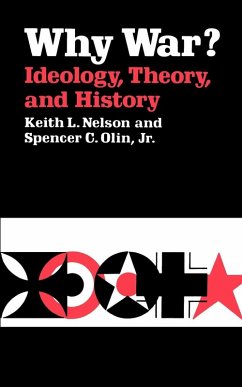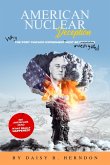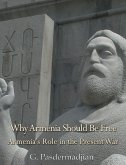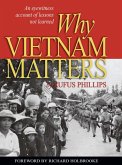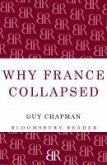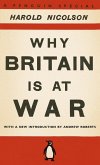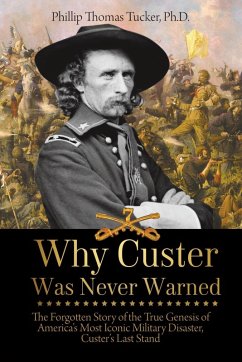"Instead of proposing another theory of war, their goal is a more modest one of raising the theoretical consciousness of historians. Specifically, they argue that '1) ideology does influence theory, 2) historians do have ideologies as well as theories . . . about which they are not always conscious or consistent, and 3) we can better understand, compare, and evaluate what historians are saying when we comprehend their ideological and theoretical perspectives.' They attempt then, to classify historical interpretations of war according to their ideological/ theoretical orientations, however covert." --Perspective "Nelson and Olin .. . are concerned with enhancing history's social utility by advancing its capacity to produce generalizations that can explain or predict events and are subject to empirical testing. Their exploration of historical generalization focuses on an issue itself of the highest importance, the causes of war; but their aim is also to create a model for historical generalization applicable to other issues. They argue that to understand generalizations in history, one must recognize their roots in theory, and that historians' theories in turn proceed from their own ideologies. To demonstrate, they survey theories about the causes of war that have come out of conservative, liberal, and radical ideologies. . . . any historian will profit from this rigorous approach to the problem." --Choice "Learned and suggestive, this book clarifies much of what is already known, and points toward new ways of understanding." --Library Journal
This title is part of UC Press's Voices Revived program, which commemorates University of California Press's mission to seek out and cultivate the brightest minds and give them voice, reach, and impact. Drawing on a backlist dating to 1893, Voices Revived makes high-quality, peer-reviewed scholarship accessible once again using print-on-demand technology. This title was originally published in 1979.
"Instead of proposing another theory of war, their goal is a more modest one of raising the theoretical consciousness of historians. Specifically, they argue that '1) ideology does influence theory, 2) historians do have ideologies as well as theories . .
This title is part of UC Press's Voices Revived program, which commemorates University of California Press's mission to seek out and cultivate the brightest minds and give them voice, reach, and impact. Drawing on a backlist dating to 1893, Voices Revived makes high-quality, peer-reviewed scholarship accessible once again using print-on-demand technology. This title was originally published in 1979.
"Instead of proposing another theory of war, their goal is a more modest one of raising the theoretical consciousness of historians. Specifically, they argue that '1) ideology does influence theory, 2) historians do have ideologies as well as theories . .
Dieser Download kann aus rechtlichen Gründen nur mit Rechnungsadresse in A, D ausgeliefert werden.

